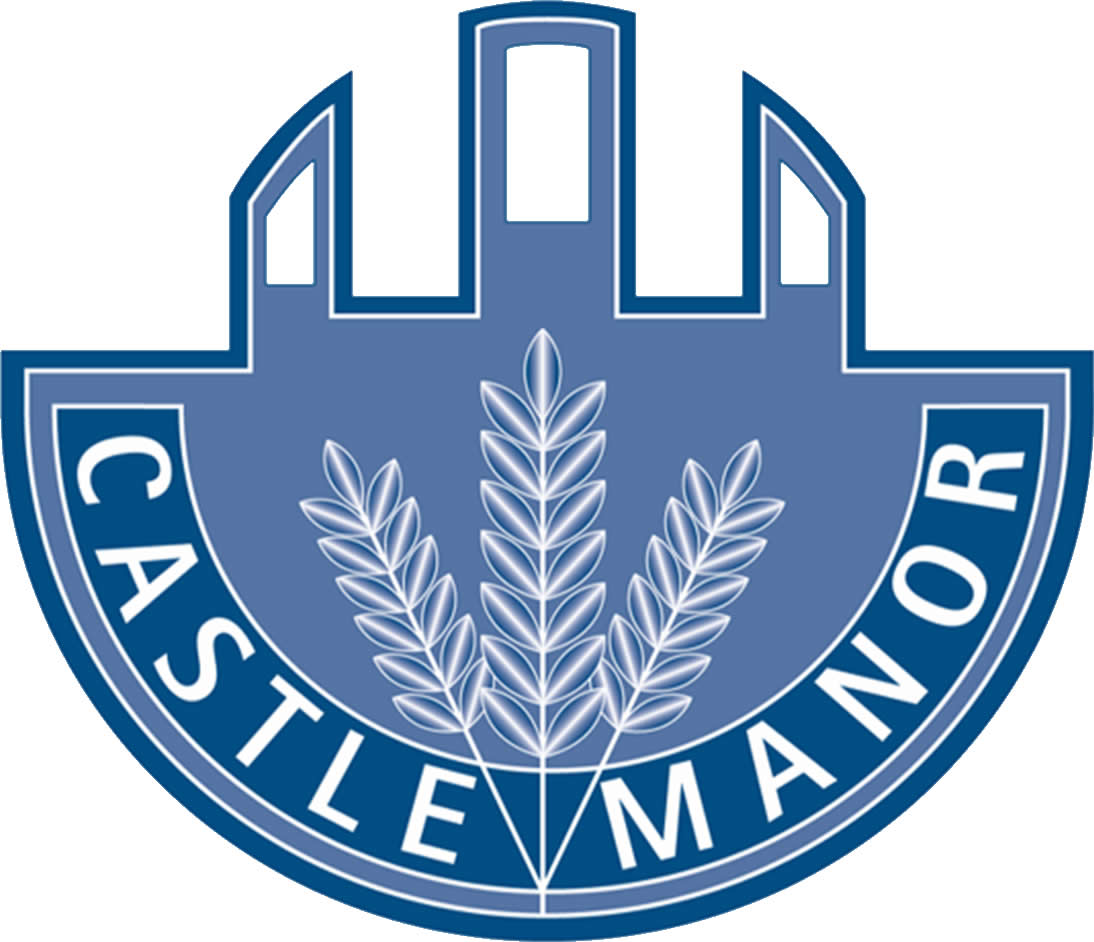Subject Overview
GCSE History will provide you with the opportunity to find out how people’s lives have changed across different countries and at various times. You will research, debate, analyse specific issues and explore the many ways in which past events have been represented. The course will appeal to students who have an interest in the way the world has developed, enjoy finding out why things happened and like putting forward their own ideas.
Course Information
The exam board that we follow for History is Edexcel.
Paper 1: Medicine through time, c1250- present
Students study the development of medicine from the middles ages through to the present day, examining what people believed causes illnesses, methods of prevention and treatment and case studies on events such as the Black Death and individuals such as William Harvey. They then focus on medicine on the Western Front of World War One and look at how war pushed for medicine to be developed at speed.
Paper 2: Anglo Saxon and Norman England, c.1060-88 and Superpower relations: Cold War, 1941-91 (40%)
Here students will explore life in Anglo Saxon England, the claimants to the throne in 1066 and how William I gained and maintained control in England after the Norman Conquest including dealing with rebellions. For this paper they will also explore the origins of the Cold War, divisions that took place as well as grasp an understanding of organisations such as NATO and the Warsaw Pact which will help them to gain clarity in understanding of politics today.
Paper 3: Weimar and Nazi Germany (30%)
Students will investigate the effects World War One had on Germany and the difficulties the Weimar Republic had in dealing with these effects. They will then learn how and why Hitler rose to power and the appeal and impact of National Socialism for the German people, examining key areas such as changes for children, women, workers, and minority groups.
Assessment
Students will sit three exams in the summer of Year 11 assessing a range of historical skills studied throughout the course.
Progression
GCSE History is a solid basis for many post-16 options, including A-level subjects. Those who have studied history have then progressed to study politics, law, economics, English and languages.
